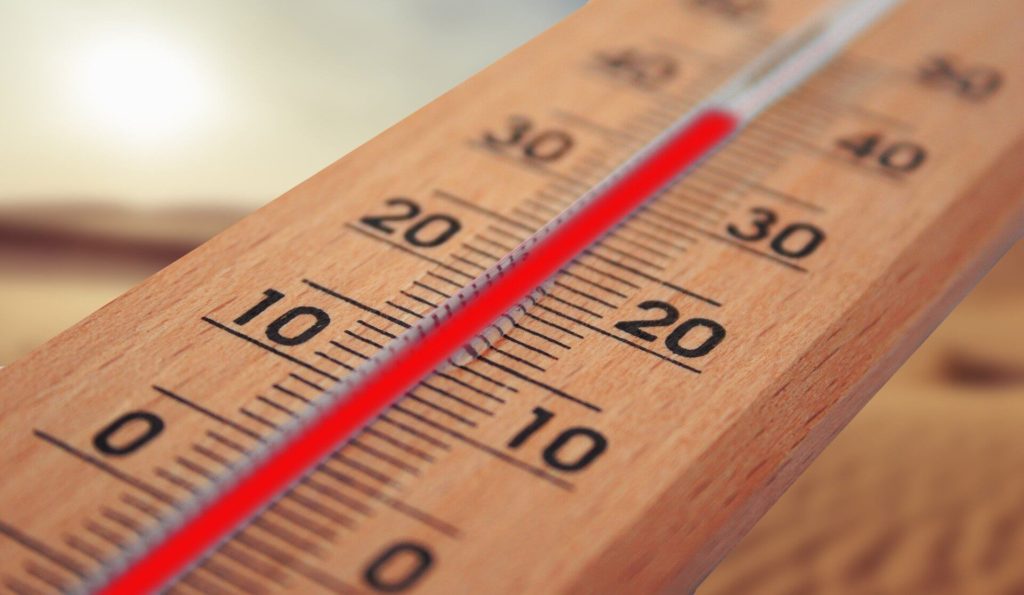
The best temperature for your home is very subjective and can differ based on a range of metrics, such as how efficient your home is, how big it is and the age of the people living there.
However, to help you understand the most efficient way to heat your home and the recommended ideal temperature for most homes, we have put together this handy guide. You’ll discover:
- Recommended temperatures based on health and age
- How to save money with lower temperatures
- How to get the best readings from your thermostat
- The best times to heat your home
- Checking for heat loss
- How we can help improve your energy efficiency
If you would like more information on making your home more efficient, get in touch with our expert team of energy assessors and specialists.
What’s the recommended ideal temperature for a home?
Based on findings from the Energy Savings Trust and the World Health Organisation (WHO), the optimal temperature for a home in the winter is between 18-21 degrees celsius.
For those who are elderly, young or unwell then the temperature should be around 21 degrees, to keep them warm and comfortable but not overly hot.
In general any temperatures above 24 degrees or below 12 degrees have the risk of causing cardiovascular issues. Under 9 degrees there’s a risk of hypothermia, so ensuring your home is heated properly is extremely important.
One of the most important things you need to consider is your thermostat – this needs to be in the right place in your home to ensure it gets an accurate reading of your property’s temperature. If it’s near a draughty door or window, then it may not be accurately heating your home.
Turning your thermostat down one or two degrees can save you around £100 a year, so ensuring it’s in the right place and turning it down (if possible) can help to save you money, as well as reduce energy wastage.
Should I heat my home when I’m away?
Working week
If you’re out at work most of the day and the home is empty, then you don’t need your heating on all day as this is wasting energy and money. If you’re able to, setting up a programme where the heating comes on at certain times of the day is far more efficient and allows you to minimise any energy wastage.
Trips and holidays
If you’re going on holiday, then it’s worth switching your heating off to reduce energy loss and costs. However, if there’s a risk of freezing whilst you’re away then you will need to leave your heating on as this can lead to burst water pipes. Simply set your heating at around 5 degrees, to ensure it never goes below freezing temperature.
How to check for heat loss
If your home feels draughty or isn’t retaining heat well, then you may have some areas where heat is being lost. There are two main tests that can be completed on your home to understand if there is heat and air loss and where this is coming from.
Air tightness testing
The first type of test that can be done is air tightness testing. This is used to determine any uncontrolled airflow, air leakage and unwanted draughts at a property. If any of these are found, then this has the potential to cause heat loss, so taking action to stop these will seriously improve the heat of your home.
Thermographic testing
The second type of test is thermographic testing. This uses a special infrared camera to determine hot or cold areas in the home and identify any heat loss. You can then make the suitable repairs to your home and stop the heat loss from these areas.
How to make your home more efficient
Making your home more efficient is the best way to keep a regular and steady temperature in your home as it keeps the heat in (or out in the summer).
There are lots of different ways to make your home more energy efficient, these include:
- Adding insulation to places such as the loft, where lots of heat is lost or round the boiler, to make it more efficient
- Installing thermostatic radiator valves to radiators around your home allows you to control the temperature in each individual room. This means rooms that aren’t used as much can have a lower temperature, then you aren’t wasting energy heating rooms that aren’t in use
- If your home doesn’t have double glazing, then this can make a huge difference to the temperature of your home. It’s far more efficient at keeping heat in and making your home more comfortable
- Changing all your lightbulbs to LED versions is a really cheap and easy way to improve the efficiency of your home and can make a big difference to your energy bills
Discover more ways to improve the energy efficiency of your home here.
Get in touch
If you would like energy advice on how to keep your home the ideal temperature all year round, then get in touch with our expert team. Whether your home is already built or you are developing a property, we can help! Just give us a call on 01403 253439.
